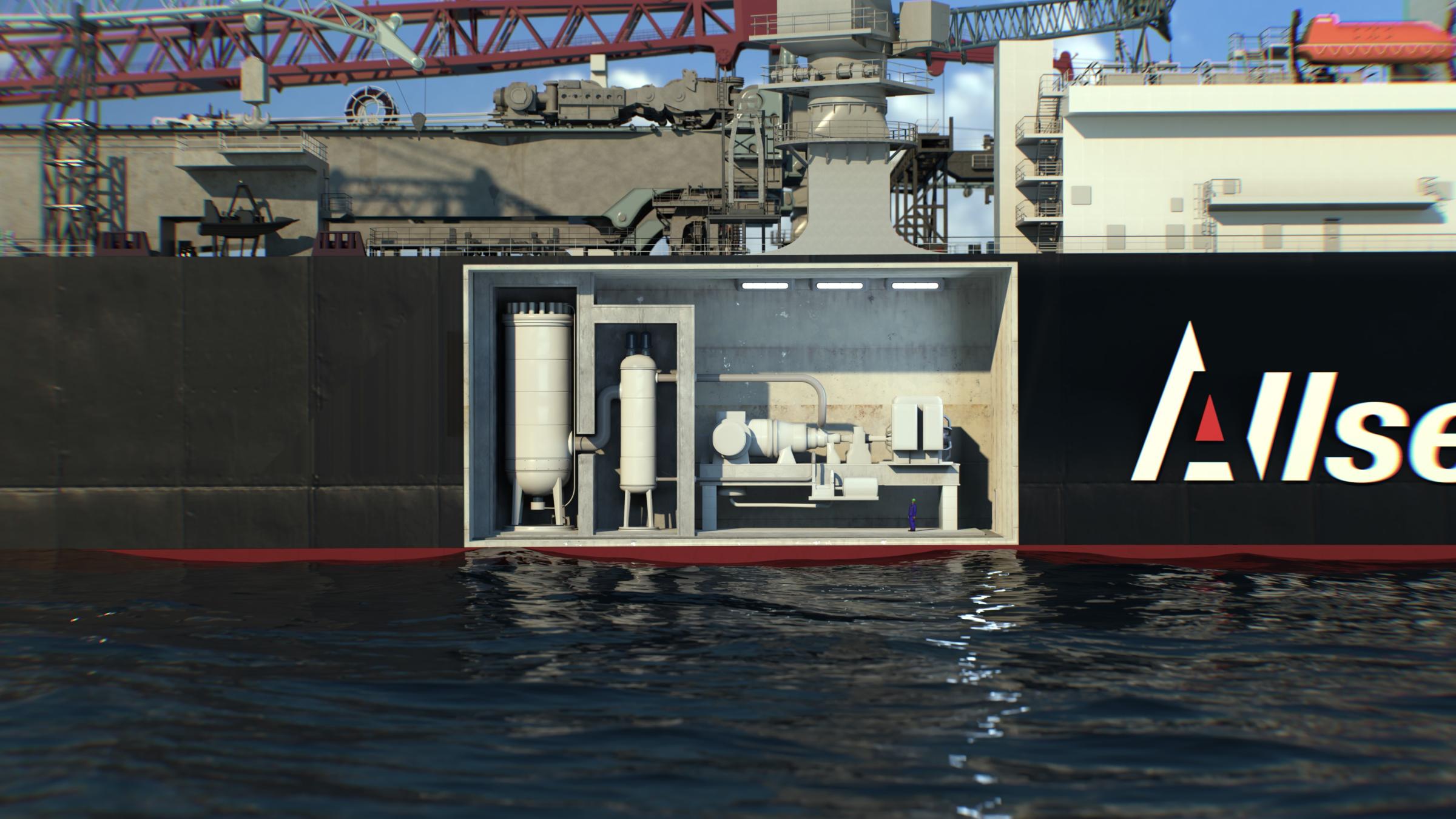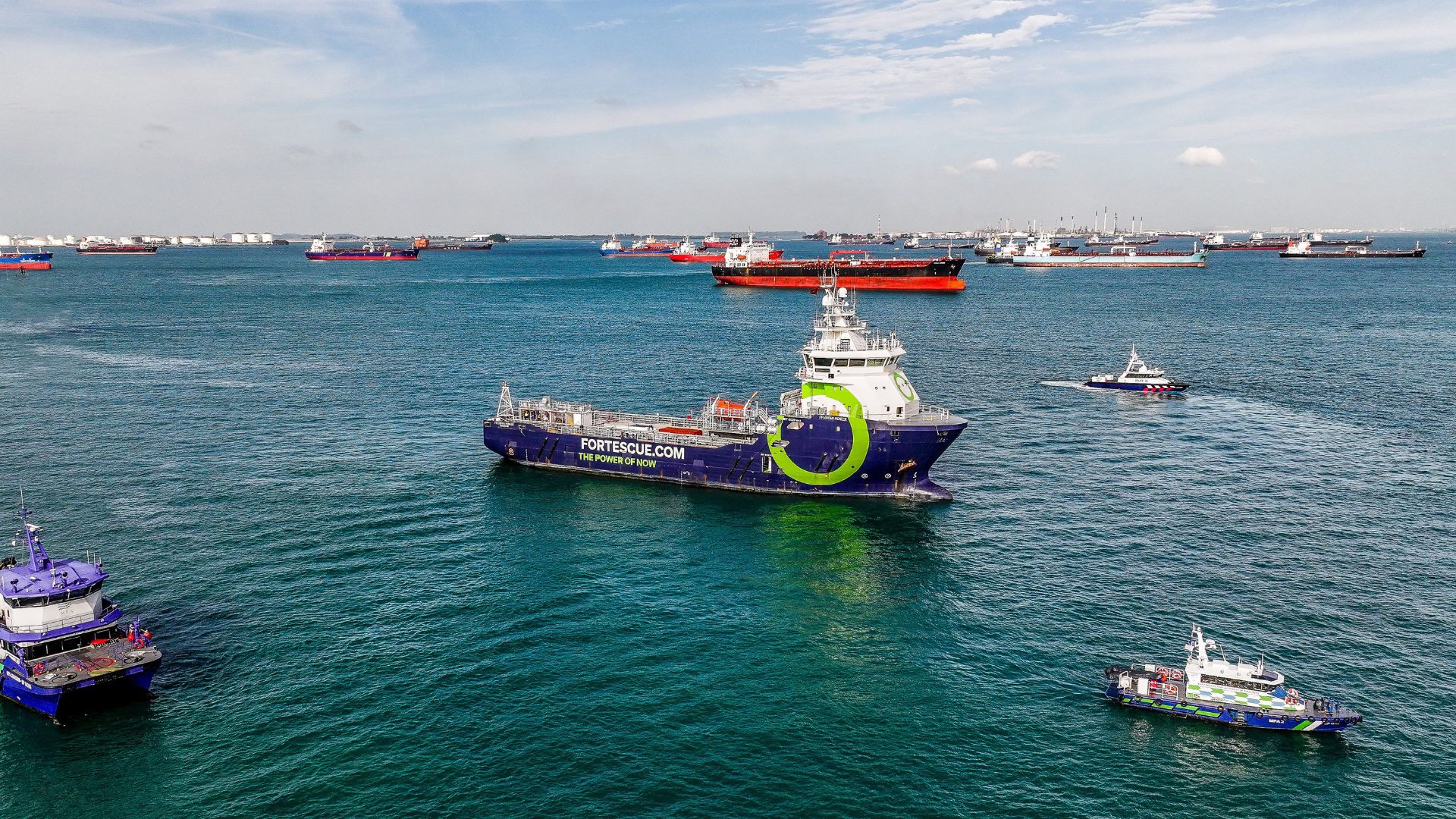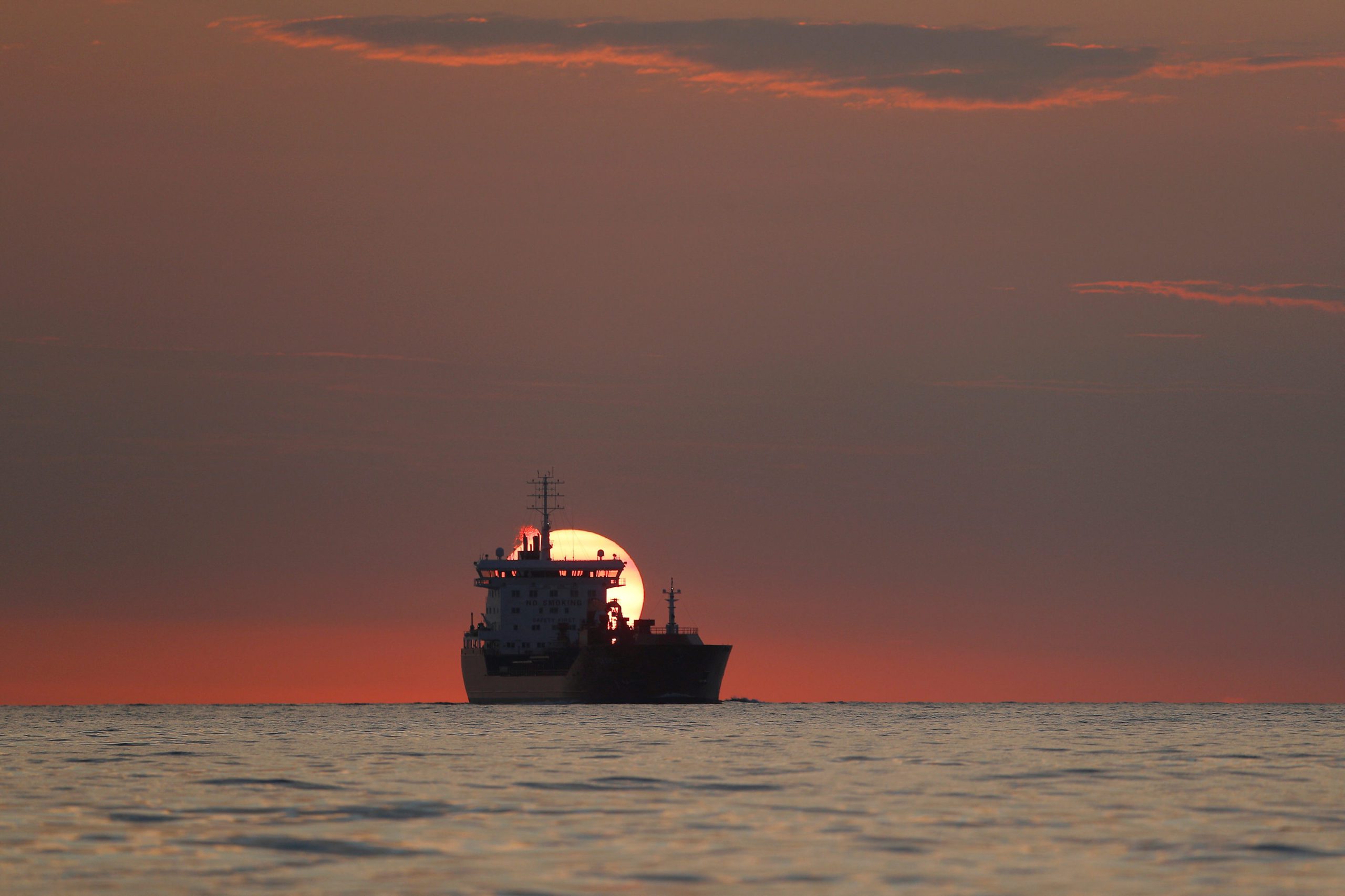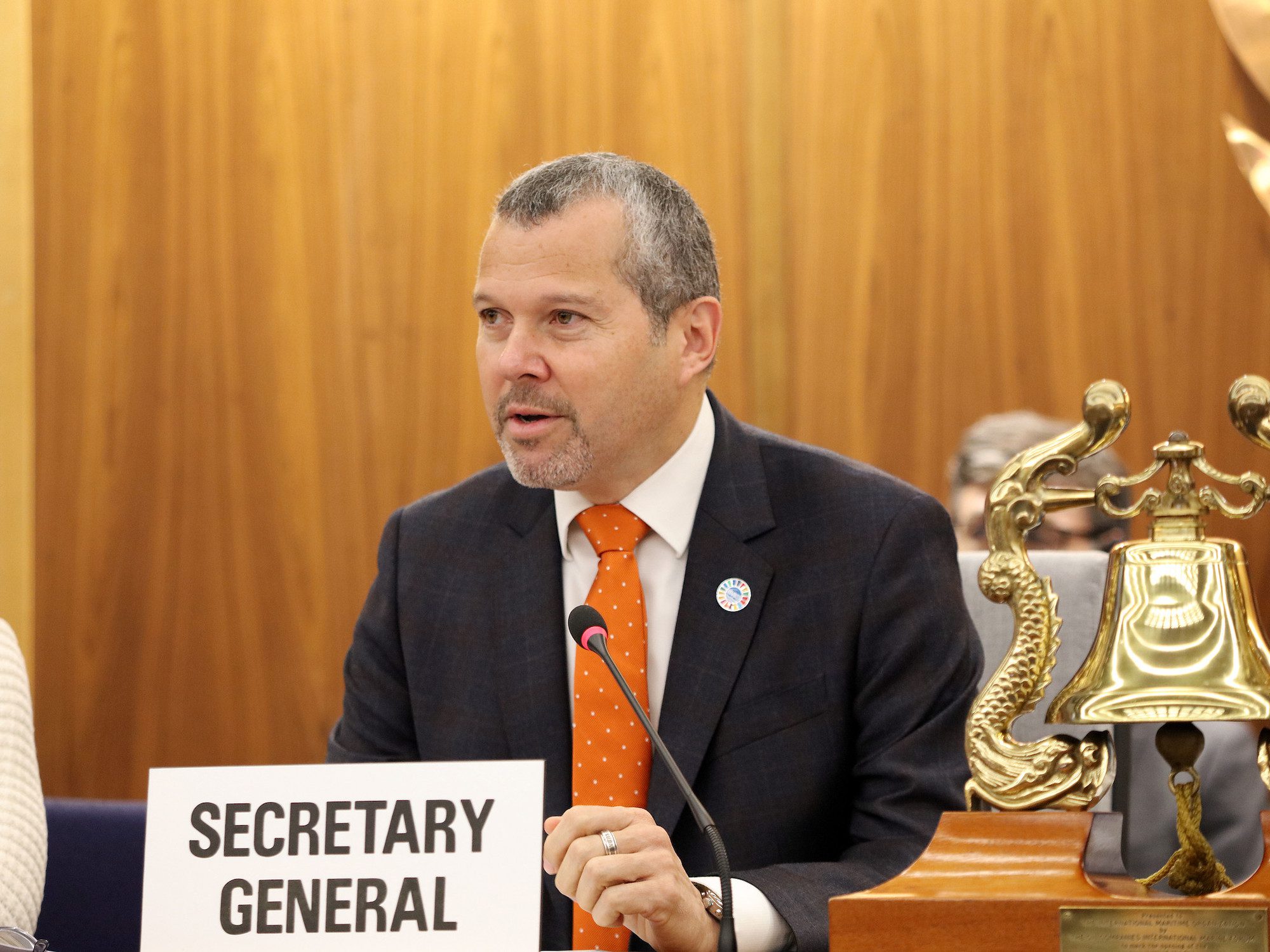Allseas has released findings from an independent impact study suggesting that its Small Modular Reactor (SMR) technology could transform the Netherlands’ economy while simultaneously decarbonizing global shipping and heavy industry.The study, conducted by strategic consultancy Roland Berger over seven weeks between September and October 2025, projects that Allseas’ SMR technology could contribute up to €130 billion to the Dutch economy by 2050 while creating between 35,000 and 40,000 new jobs. The economic boost would come from direct investments by Allseas and its supply chain, as well as indirect growth across Dutch industrial and maritime sectors.At the heart of Allseas’ plan is a 25 MWe / 70 MWt reactor based on high-temperature gas-cooled reactor (HTGR) technology. The company launched a five-year development plan in June 2025, targeting initial operations by 2030 in collaboration with NRG PALLAS, TU Delft, and other partners.”This study demonstrates our small modular reactor is technologically innovative and strategically valuable for the Netherlands,” said Stephanie Heerema, Project Manager Nuclear Developments at Allseas. “With this technology, we can meet the urgent demand for stable, clean, and affordable energy, while creating an export product that accelerates the global energy transition.”The compact design makes the reactors suitable for deployment across diverse applications, from offshore vessels and commercial shipping to industrial sites including chemical clusters, steel plants, refineries, and data centers. Roland Berger estimates potential deployment of up to 110 units on land in the Netherlands and 700 across the global maritime sector.Beyond economic benefits, the technology addresses critical infrastructure challenges. By generating power directly at the point of use, the SMRs could reduce strain on the Netherlands’ electricity grid, potentially saving up to €12 billion in planned high-voltage grid investments through 2050.On emissions, Allseas projects its SMR technology could cut up to 10 megatons of CO? annually from Dutch industry and 55 megatons from the global maritime sector by 2050—together equivalent to the annual emissions of 3.5 million Dutch homes.The reactor also promises competitive economics, delivering industrial heat up to 650°C at prices 30% cheaper than gas turbines and 80% cheaper than renewable alternatives, according to the study.Roland Berger validated its findings with leading Dutch institutions including TNO, COVRA, Urenco, and the Port of Rotterdam.”As a responsible family-owned company, we always take a long-term view,” Heerema added. “The conclusions of this study show exciting potential for our technology to address today’s challenges and strengthen our commitment to executing our five-year plan.”
The offshore construction giant joins a growing number of maritime companies exploring nuclear propulsion as the shipping industry faces mounting pressure to eliminate carbon emissions from vessels that currently rely on fossil fuels.
Editorial Standards · Corrections · About gCaptain

 Join The Club
Join The Club











